Otako Poppo, literally “toy hawk,” is one of the ancient traditions of Yamagata Prefecture. Beyond its use as a children’s toy, it is an amulet kept in homes to bring happiness to families. Carved by hand using a unique knife, its shapes and colors meet precise codes established more than 200 years ago.
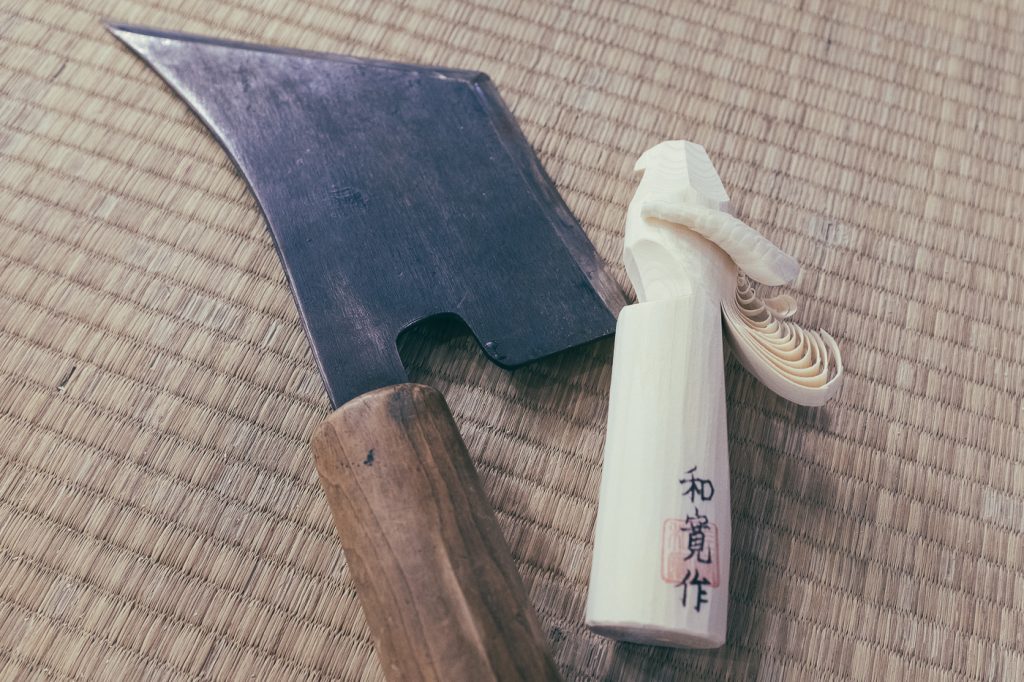
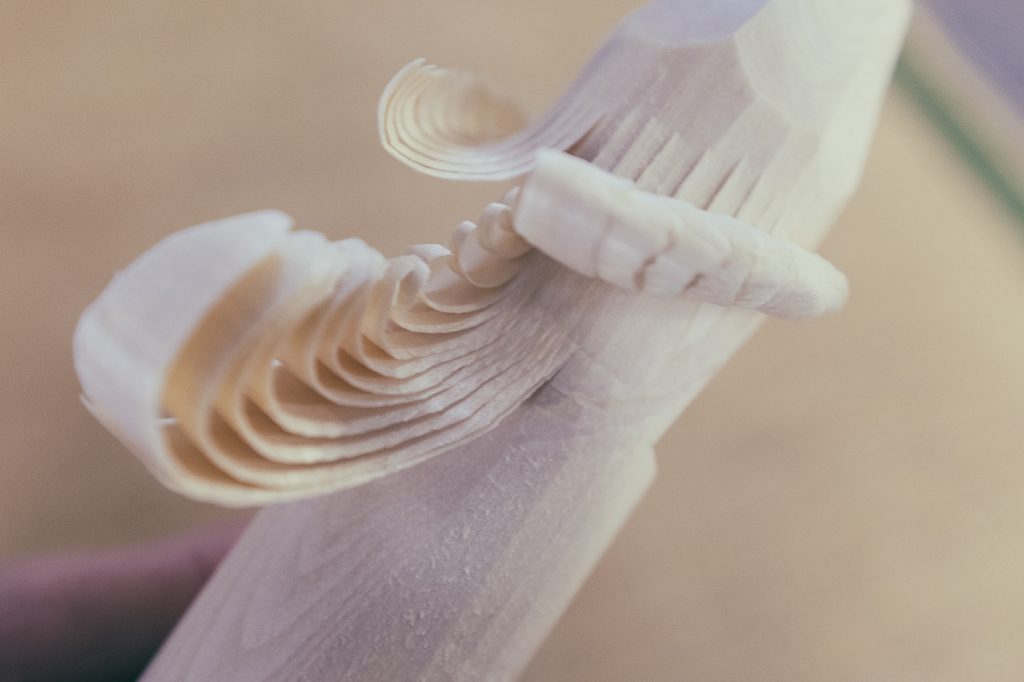
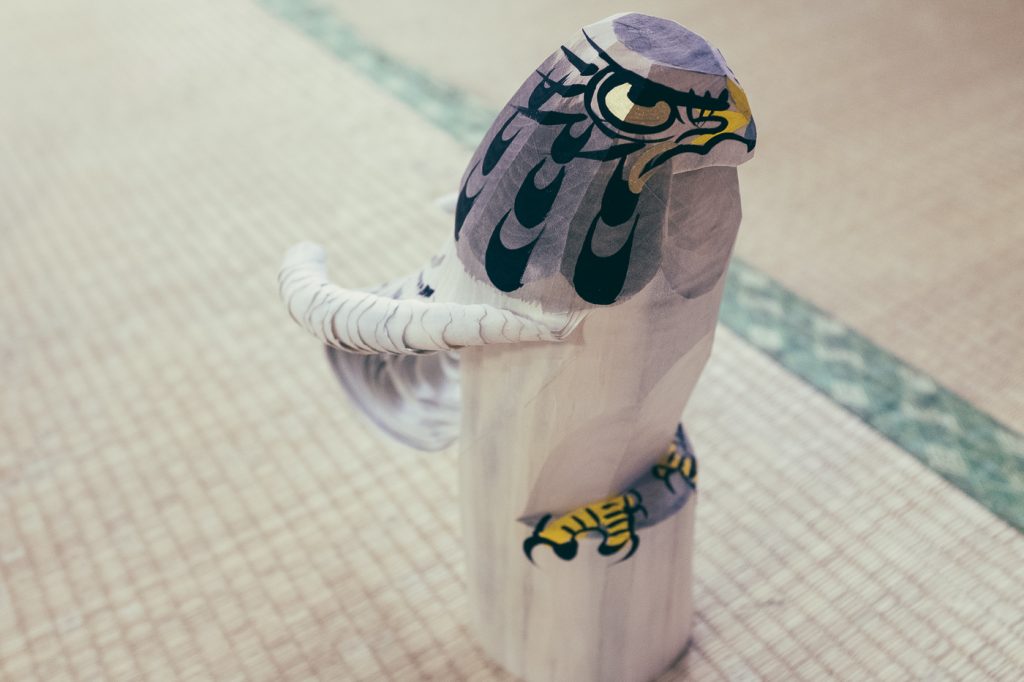
The nuanced craftsmanship has been mastered and perfected over generations. Always shaped in the same order, in the final step the carver gives the hawk wings and a tail. The work on these wings and tail is particularly impressive and requires extreme precision. The wings, despite their thinness, are solid and are so well carved that it is difficult to move them.
The Sasano Folklore Museum in Yonezawa
At the Sasano Folklore Museum in Yonezawa, you can discover the process behind making these figures. But at the museum you’ll also get the opportunity to paint an Otaka Poppo yourself. I was surprised by the warm welcome my teacher gave me when I arrived. After removing my shoes to climb onto the tatami mats, I found myself sitting in front of a coffee table that serves the workshop next to a small stove with a black coffee in the hand.
My host explains his background and the process of making Otaka Poppo. She tells me she’s painted these wooden hawks for more than 35 years and passes on her knowledge to hundreds of visitors every year.
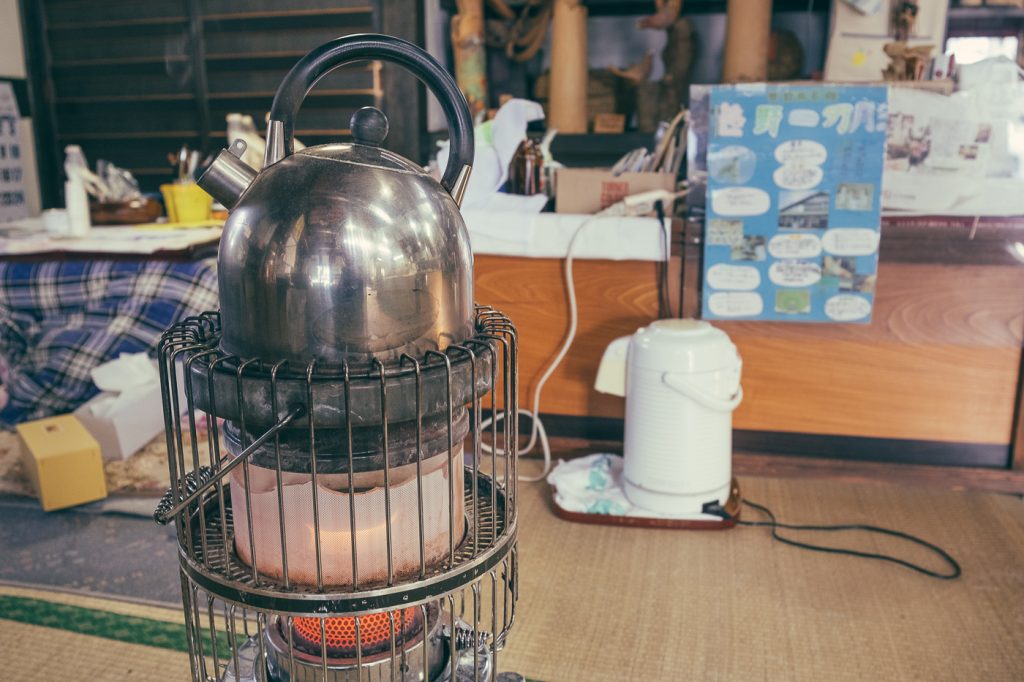
Painting an Otaka Poppo in Yonezawa
After watching a short video (VHS, deliciously retro), on the carving of the Otaka Poppo, it’s time to get down to business. I must first choose the size of my figurine. The small size (21cm) costs 1,000 yen, and the large size (24cm) costs 1,200 yen. She takes a wooden hawk out of a box, he is not quite untouched. The first coat of paint has already been added. But the most interesting work remains to be done: to give this hawk its features, its feathers and its expressions, which will make it unique.
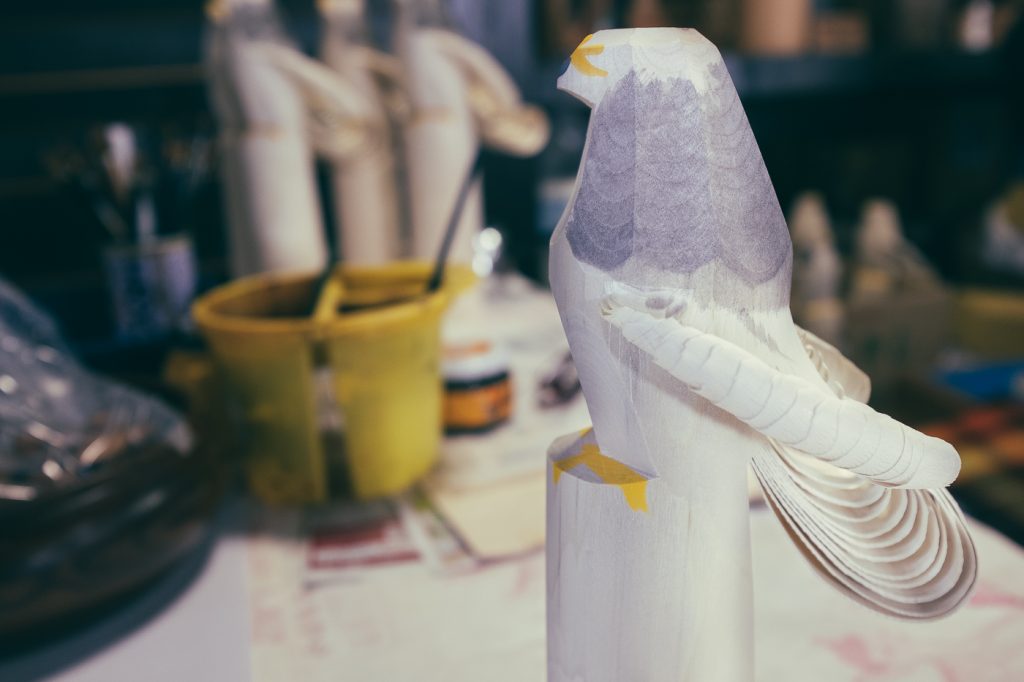
Just like the carving of the Otaka Poppo, there is a precise order to painting the figurine with respect. First the wings, then the eyes, then the beak, the feathers and the legs. Finally, we add the last touch: some golden paint for the eyes and the beak.
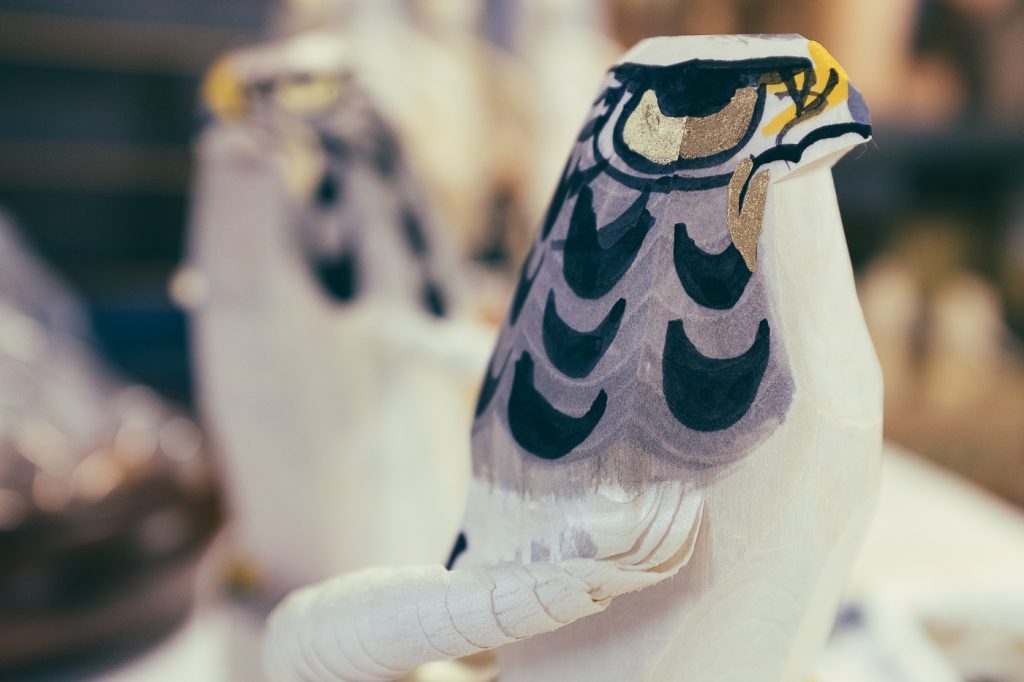
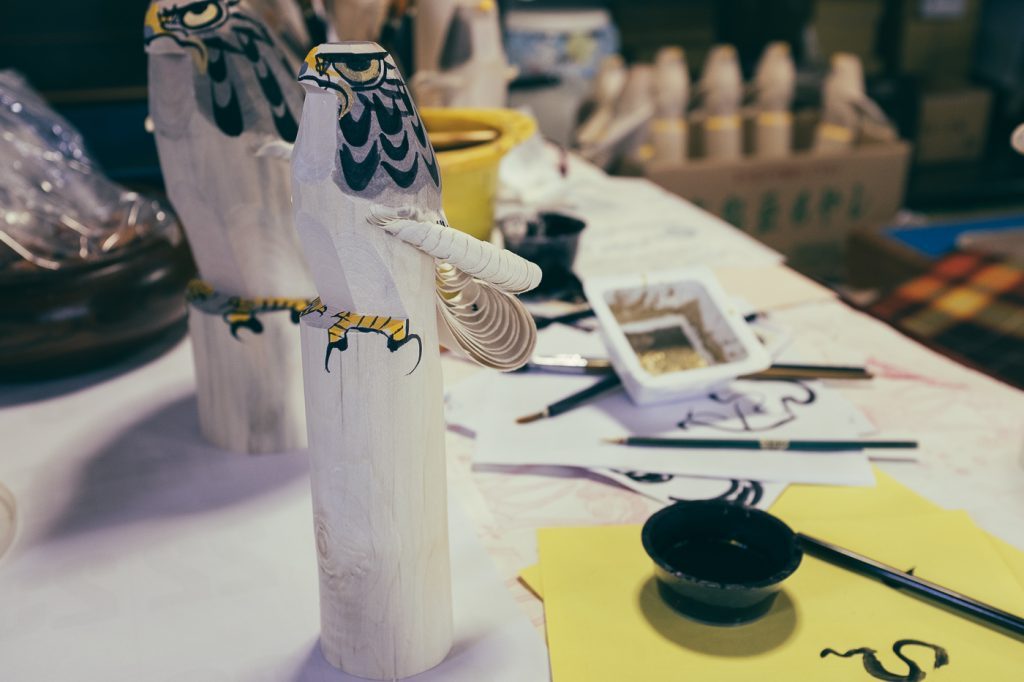
The feathers that run along the head of the hawk in the shape of a “U” are very slender and are the most delicate lines to reproduce. I have never been very good at drawing. Yet, without mastering my brush strokes, and for a first attempt at painting on wood, the result looks similar to the model. My host’s explanations were clear and precise enough to allow me to give create my own Otaka Poppo to bring home. It will be a precious memory and an amulet, which I hope will bring me happiness.
Once the work is done, my host offers me a taste of mochi grilled on the stove that sits next to the table accompanied by a new cup of coffee. I enjoy talking with her about everything and nothing. Living in Tokyo often makes me forget that the Japanese who live outside the big cities can be so warm and love to take the time to talk with tourists.
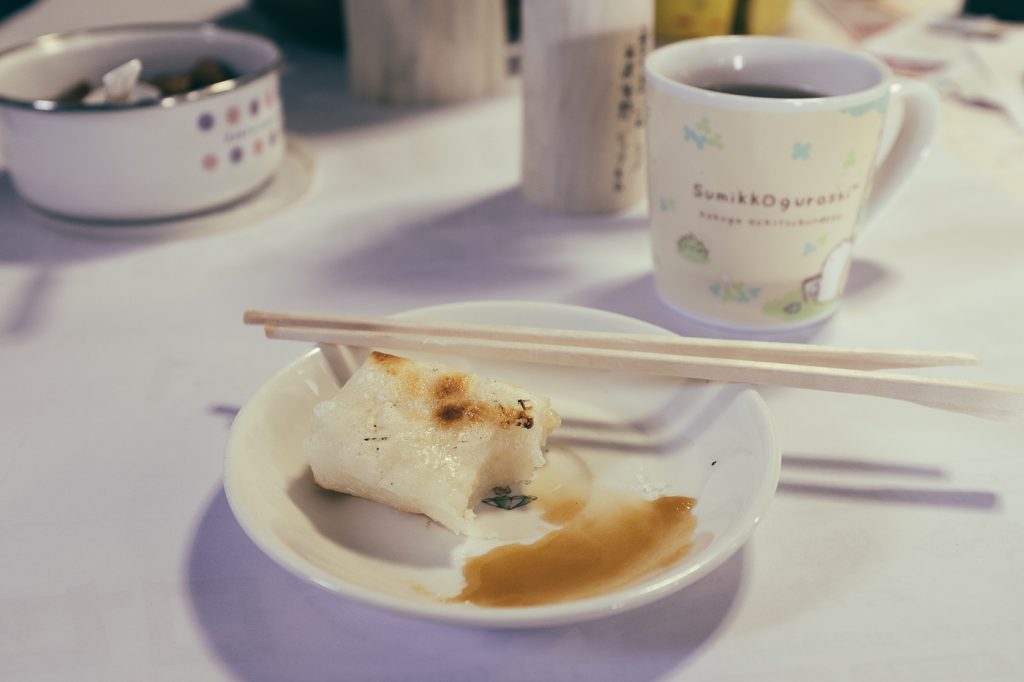
Memories to Bring Back Home
Whether you participate in a workshop or not, the Sasano Folklore Museum is full of wooden crafts that you can buy. Of course, Otaka Poppo are in the first place. The form, the colors, and the features, codified by tradition, do not change. On the other hand, they are available in all sizes. Other equally interesting figurines made similarly are also available. For example, chicken figurines with amazing furs.
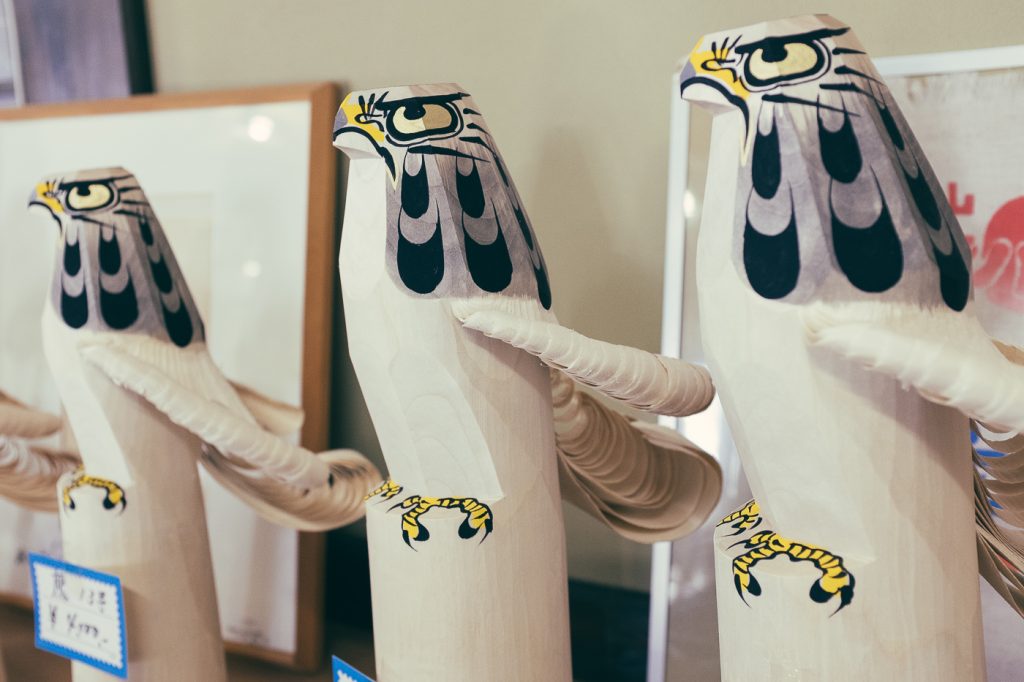
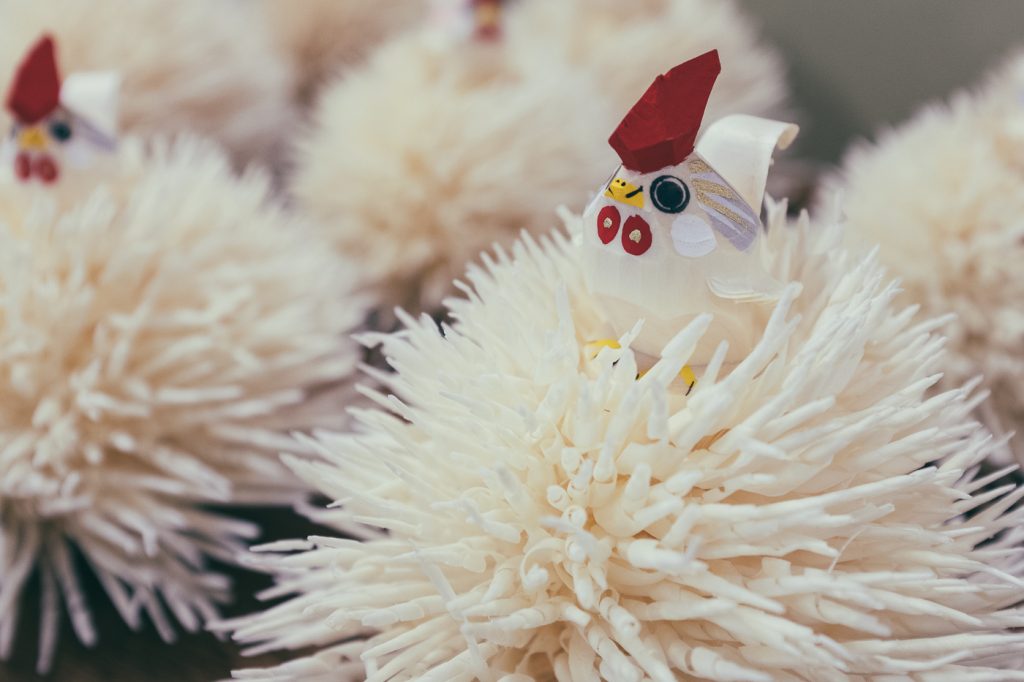
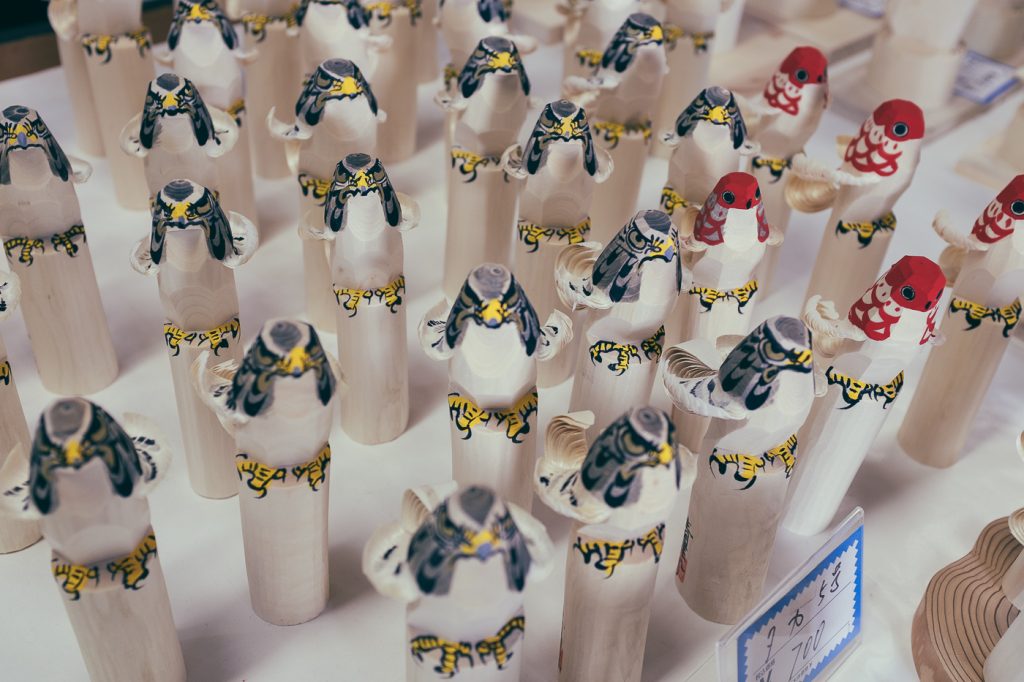
Information about Yamagata Crafts’ Experience
| Name | Sasano Folk-Crafts Museum |
| Category | Museum and Art craft center |
| Address | 6798 Sasano Honchō,Yonezawa City, Yamagata Prefecture |
| Access | [map]6798 Sasano Honchō,Yonezawa City, Yamagata Prefecture[/map] |
| Opening Hours | 8:00~18:00 |
| Price Range | ¥800 (21cm) ,¥1,000 (24cm) |
| Payment options | Cash |
Need more information? You can check Yonezawa official tourist information, or you can find up-to-date information about Yonezawa’s history, sightseeing locations, accommodations, food, and search for other attractions here.
Sponsored by Yonezawa City
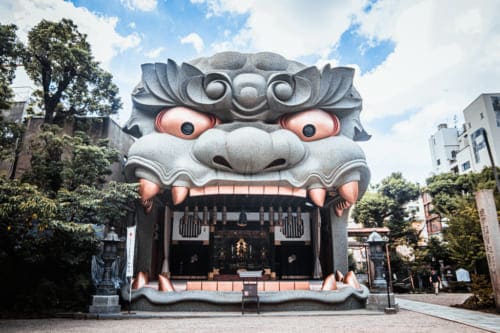
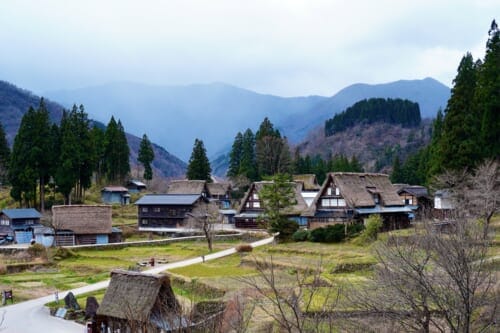

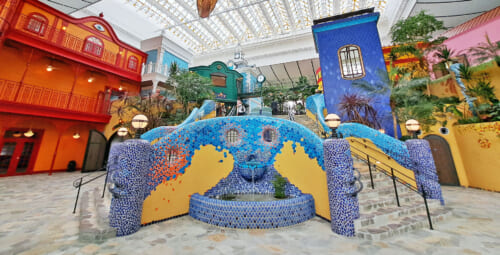
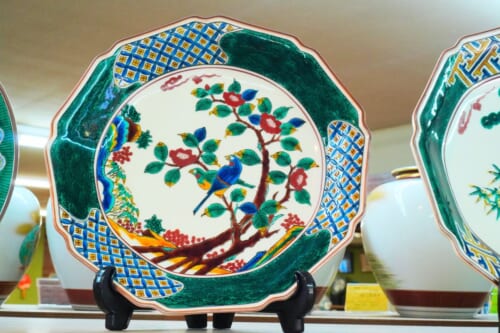
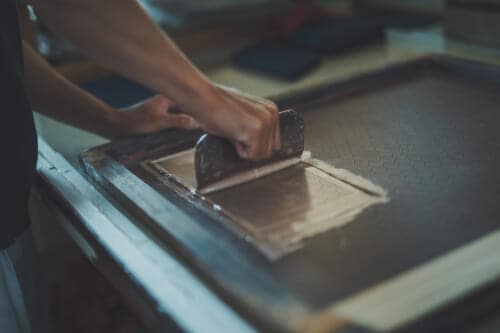


No Comments yet!